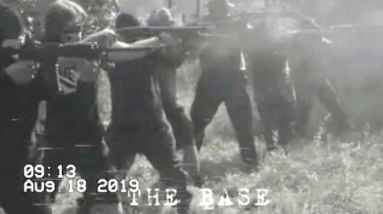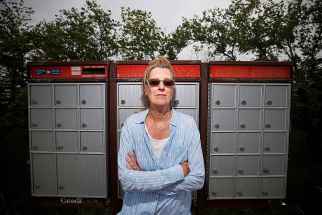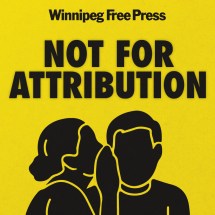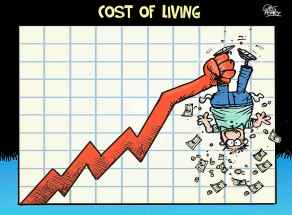He got by with a lot of help from his friends
Read this article for free:
or
Already have an account? Log in here »
To continue reading, please subscribe:
Monthly Digital Subscription
$0 for the first 4 weeks*
- Enjoy unlimited reading on winnipegfreepress.com
- Read the E-Edition, our digital replica newspaper
- Access News Break, our award-winning app
- Play interactive puzzles
*No charge for 4 weeks then price increases to the regular rate of $19.00 plus GST every four weeks. Offer available to new and qualified returning subscribers only. Cancel any time.
Monthly Digital Subscription
$4.75/week*
- Enjoy unlimited reading on winnipegfreepress.com
- Read the E-Edition, our digital replica newspaper
- Access News Break, our award-winning app
- Play interactive puzzles
*Billed as $19 plus GST every four weeks. Cancel any time.
To continue reading, please subscribe:
Add Free Press access to your Brandon Sun subscription for only an additional
$1 for the first 4 weeks*
*Your next subscription payment will increase by $1.00 and you will be charged $16.99 plus GST for four weeks. After four weeks, your payment will increase to $23.99 plus GST every four weeks.
Read unlimited articles for free today:
or
Already have an account? Log in here »
Hey there, time traveller!
This article was published 27/08/2019 (2295 days ago), so information in it may no longer be current.
When it comes to remembering a man like Mitch Podolak, where does one even start?
Maybe you start with his contributions to the cultural fabric of our city, as co-founder of institutions such as the Winnipeg Folk Festival and the West End Cultural Centre.
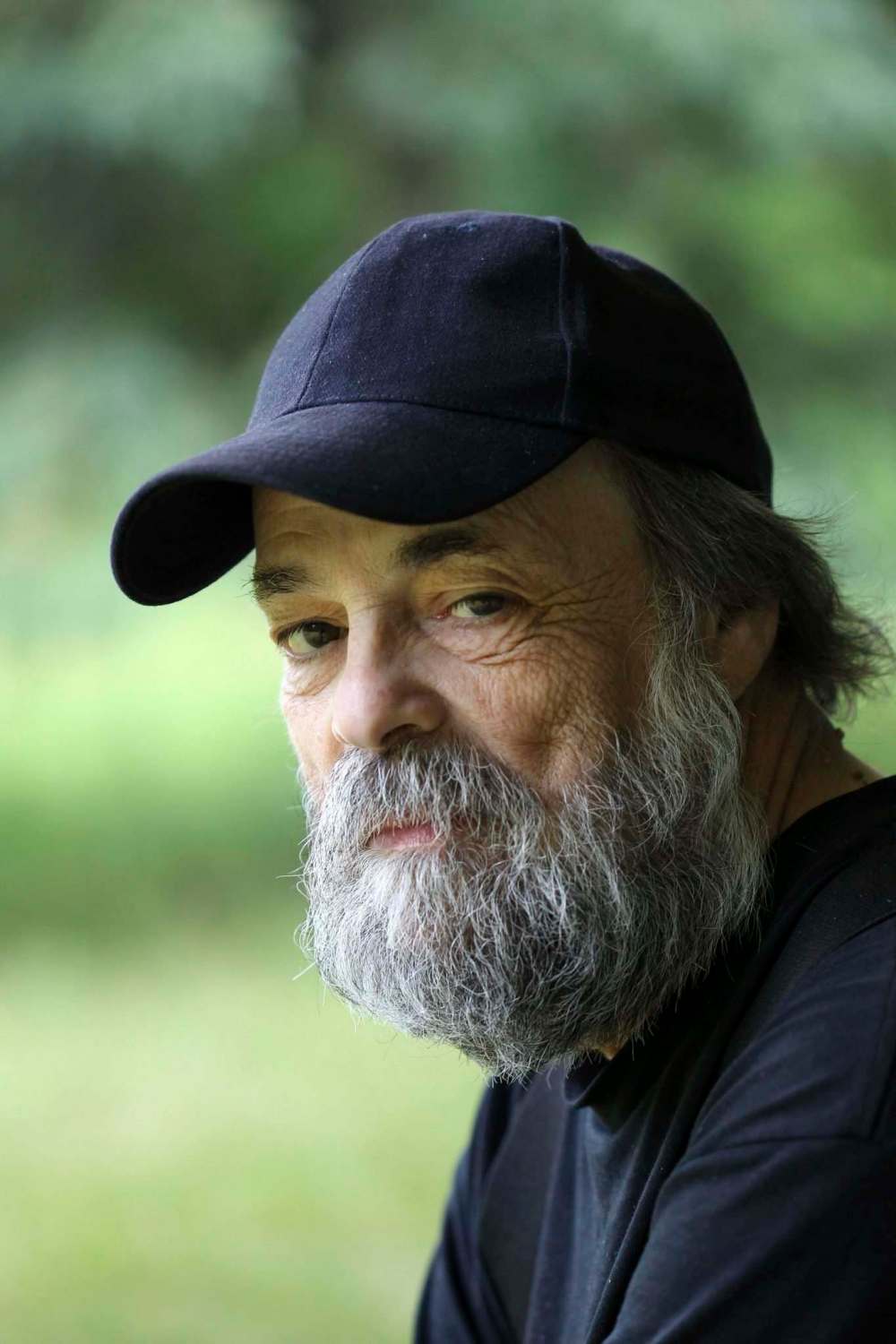
Maybe you start with the musicians he championed, the careers he launched or the opportunities and platforms he created for artists — not just the folk festivals coast-to-coast he had a hand in, but through organizations such as HomeRoutes, his pioneering house-concert touring network.
Or maybe you start with a lifelong love of folk music that began with a banjo and a Pete Seeger concert.
Mr. Podolak died on Sunday at the age of 71, and memories and tributes have been flooding social media. The impact Mr. Podolak had was great, and far-reaching.
In 2015, he was made a member of the Order of Manitoba and received an honorary doctorate of laws from Brandon University. He was a force, bearded and suspendered, brash and larger than life.
And he was funny, too. Many of his best jokes can’t go in a newspaper, but this one can: “There are hundreds, and I mean literally hundreds, of dollars to be made in folk music.”
“Visionary” is a word that is thrown around a lot — especially in eulogies — but Mr. Podolak was one of those rare people who truly fit the definition.
He could see the potential in a person or an idea, no matter how big or small. He was a builder of things that will last, things that belong to all of us, with the music of the people serving as the backbone.
Mr. Podolak understood that a great idea needs many pairs of hands to become a reality. Whether it’s the Winnipeg Folk Festival, which was conceived as a one-off event to celebrate Winnipeg’s centennial but eventually became a destination event for thousands of people every summer for going on 46 years, or the WECC, a little church on the corner of Sherbrook Street and Ellice Avenue that became the best live music venue in the country, he knew that in order for these places to endure, they couldn’t just be about him.
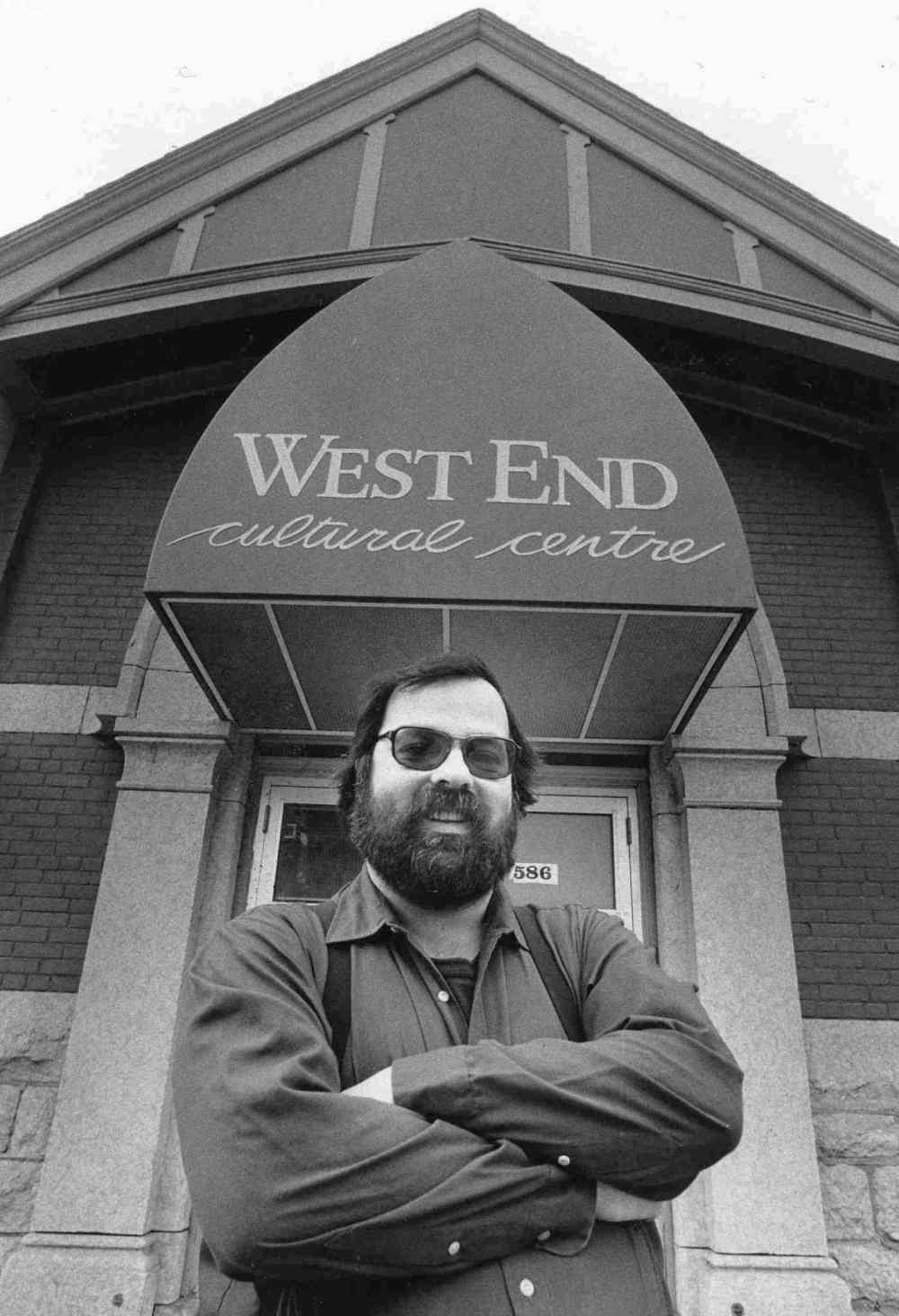
As he told the Free Press in 2017 in an oral history of the WECC, “The thing is, if things can’t operate on their own without me, then what the f— good are they? I think it’s very important that the founders of organizations step away from them, to see whether they have a life on their own or not.”
That’s why his institutions will continue to live on long after he’s gone. He designed them that way.
It’s people like Mitch Podolak — the dreamers, the believers, the supporters, the champions and the builders — who, if they choose to invest their passion here, make our city richer. Not just because of what they create, but how they create it.
Family, both blood and chosen, was important to Mr. Podolak. He didn’t just create spaces for communities to form and congregate; he involved communities in their creation.
That was, perhaps, his most significant contribution, and his most significant legacy: the inspiration that anybody with an idea can build something meaningful and lasting, so long as they have a little help from their friends.




